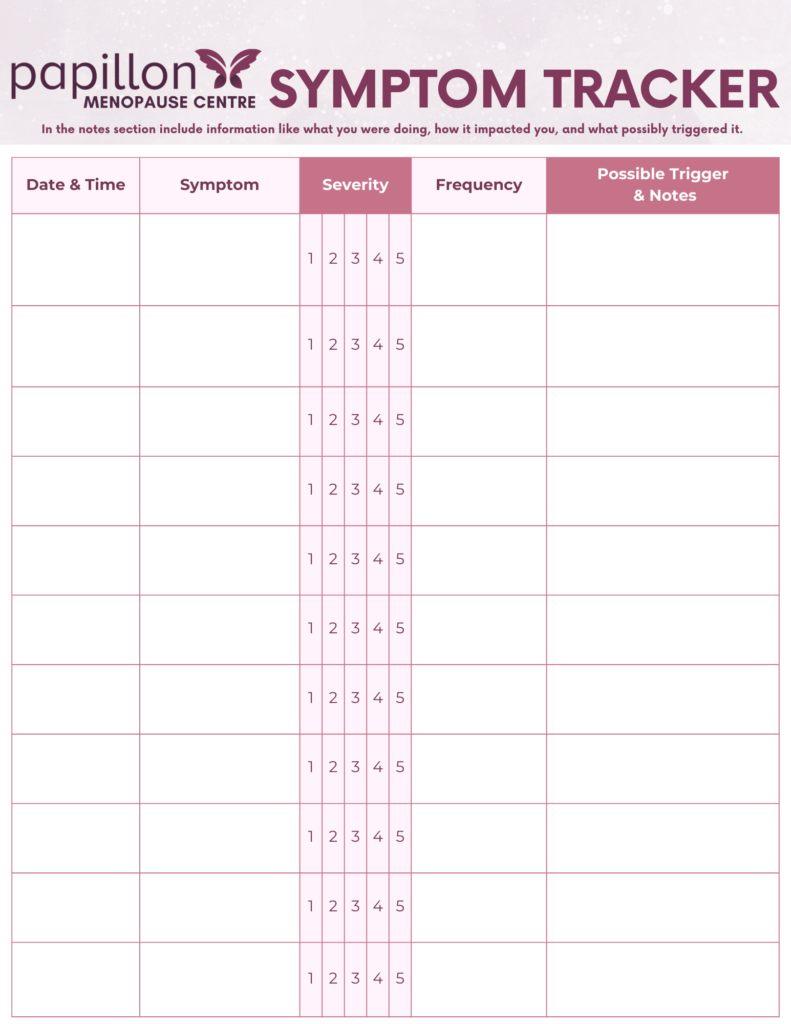
Perimenopause and menopause can bring a wave of unexpected changes, and among them is a frustrating yet common symptom: brain fog. Many women report memory lapses, trouble concentrating, and word-finding difficulties during this transition. While these cognitive shifts are often temporary, they can feel disruptive to everyday life. The good news? Your brain is resilient and responds well to stimulation.
Understanding Menopausal Brain Fog
As estrogen levels decline, it can impact areas of the brain responsible for memory, attention, and verbal fluency. Combined with sleep disturbances, stress, and fluctuating hormones, it’s no surprise that mental sharpness might feel off. However, there are proactive ways to support your brain and even improve its function during this time.
The Power of Mental Stimulation
Just like physical exercise keeps your body strong, cognitive activity keeps your brain healthy. Engaging in mentally stimulating activities can help build new neural pathways and strengthen existing ones, which in turn supports memory, focus, and mental clarity.
Simple Ways to Stimulate Your Brain
- Read regularly – Whether it’s fiction, nonfiction, or articles, reading keeps your mind engaged and boosts vocabulary and comprehension.
- Do puzzles or games – Crosswords, Sudoku, word searches, or brain-training apps challenge your brain in fun and productive ways.
- Learn something new – Take up a new language, instrument, craft, or hobby. Novel tasks stimulate multiple areas of the brain.
- Practice mindfulness and meditation – These activities improve concentration and help reduce the stress that often worsens brain fog.
- Stay socially engaged – Conversations and connection require focus, recall, and emotional awareness, which are all great for brain health.
- Consider HRT – Book a consultation with our expert team at Papillon Medical to see if hormone replacement therapy could be a good fit for your needs.
Consistency is Key
You don’t need to overhaul your life to support your brain, just a few minutes of daily cognitive stimulation can make a meaningful difference. Choose activities you enjoy so it feels like a gift, not a chore.
The Takeaway
Brain fog may be a common part of menopause, but it doesn’t have to define your experience. By making space for brain-friendly activities each day, you can improve mental sharpness, boost confidence, and feel more in control.
Want support with the cognitive or emotional side of menopause? Reach out to the team at Papillon Menopause Centre, we’re here to help you navigate every stage with clarity and confidence.



